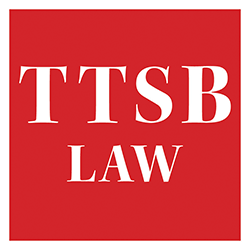Oklahoma businesses might experience ebbs and flows in their operations. However, when they amass debts that are no longer manageable, they might want to investigate the debt reorganization and bankruptcy options that may be available to help them deal with their debt. Companies have a few options for debt reorganization and bankruptcy. An experienced bankruptcy lawyer might help clients to determine which option might be the most advantageous.
Chapter 7 business bankruptcy
Chapter 7 business bankruptcy is generally reserved for companies that intend to end their operations. In this type of bankruptcy, a business’s non-exempt assets will be liquidated to repay a portion of what is owed to its creditors. Businesses that go through Chapter 7 bankruptcies normally end up closing.
Chapter 11 business bankruptcy
Chapter 11 business bankruptcy is not a liquidation bankruptcy. Instead, it allows businesses to propose plans to reorganize their debts so that they can continue operating. Businesses must have their plans approved, and they will be overseen by the bankruptcy trustee. A committee of creditors may be established with the business responsible for paying for their professionals. However, a recent change in the bankruptcy law under the Small Business Reorganization Act makes Chapter 11 bankruptcy more accessible and affordable to small businesses. This change allows business owners to remain in control and obviates the need for creditors’ committees unless they are ordered by the court. Under the changes of this law, Chapter 11 business bankruptcy cases are handled in a similar manner as Chapter 13 personal bankruptcy cases.
Businesses that are dealing with overwhelming debt and that are struggling to keep up with their payments might benefit from discussing their options for debt reorganization with an experienced attorney. A lawyer might analyze the company’s finances, assets, and liabilities and recommend the approach that might be most advantageous.

